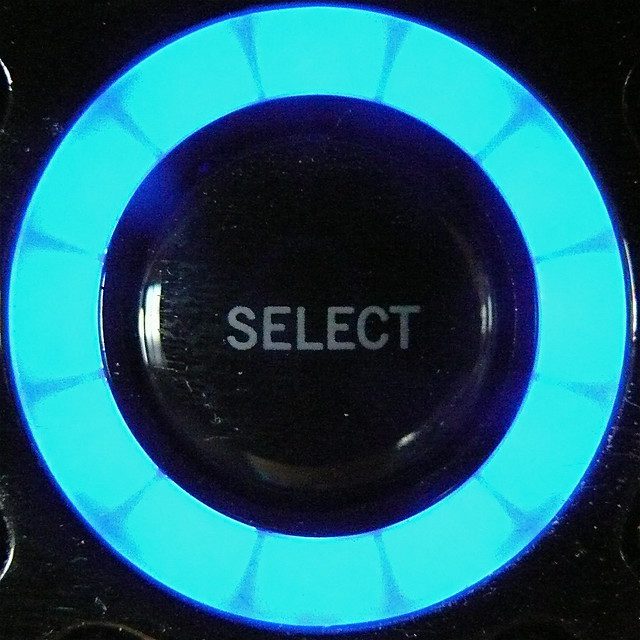
 Each year, more sales professionals lose potential employment opportunities because they are ill prepared for the interview than they do for any other reason – that includes being unqualified, unintelligent or incapable.
Each year, more sales professionals lose potential employment opportunities because they are ill prepared for the interview than they do for any other reason – that includes being unqualified, unintelligent or incapable.
As a sales candidate, chances are that you have great ideas and a clear vision. Unfortunately, if you can’t convey that vision in a simple, direct and concise manner during the interview, a hiring manager won’t perceive you as credible.
To ensure you come across in the best light possible during an interview, preparation is nothing short of imperative.
Whether it be for an entry-level position or a director of sales role, readiness can and will make or break an interview. It can be the differentiator between a lucrative job offer or potentially embarrassing meeting.
It’s Not Lack of Preparation, Rather It’s…
Often, when an interview performance is not up to snuff, it is not a result of lack of preparation, but rather a result of the wrong preparation.
Frequently, sales applicants will inaccurately predict the questions that will be asked during the meeting rendering their research a waste of time.
However, when you can anticipate what will be asked, you possess a great advantage.
Aside from increased confidence and focus, knowing what an interviewer will ask will enable you to prepare answers in a manner which both highlights your strengths and remains relevant to the needs of the hiring manager.
Because knowing what to prepare is as important as preparing itself, our recruiters have listed 15 questions every sales professional should be prepared to answer during an interview.
Answering The Questions That Matter
It is highly difficult to predict the exact questions a recruiter or interviewer will ask during an interview. However, if they are thorough and understand business development, job seekers can anticipate that they will be asked some form of the following 15 questions.
– What did you sell?
– What was the average dollar amount per sale?
– How did you find your prospects?
– What was your quota? Did you meet or exceed your quota in the past few quarters? Why or why not?
– What was the average length of a sales cycle? (e.g. sales cycle = the length of time it takes to close a contract from initial correspondence with a lead)
– Who were your primary contacts within an organization? (e.g. who or what division would you sell that product to within that company ex: Director of Finance, CFO or Engineering Team)
– What industries do you have experience selling into?
– What formal sales training do you have?
– How would you describe your sales style?
– What, if any assistance did you have during the sales cycle? (e.g. sometimes technical related sales will have sales engineers assist with the closing of the sale due to its complexity)
– Was the selling done face to face / by phone or a combination of the two?
– How much travel was required in order to meet your goals?
– Have you ever managed a sales team?
– How familiar are you with our products and why do you feel you can sell them?
– What hurdles did you often encounter during the sales process and what strategies did you employ to overcome those obstacles?
In the End
The overwhelming majority of sales interviews are either won or lost prior to the meeting. Knowing how to prepare and what to focus on will lay the ground for a winning job search.


